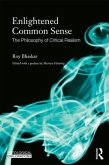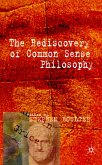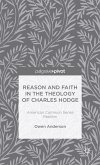Common sense (or, when used attributively as an adjective, commonsense, common-sense, or commonsensical), based on a strict construction of the term, consists of what people in common would agree on: that which they "sense" as their common natural understanding. Some people (such as the authors of Merriam-Webster Online) use the phrase to refer to beliefs or propositions that in their opinion most people would consider prudent and of sound judgment, without reliance on esoteric knowledge or study or research, but based upon what they see as knowledge held by people "in common". Thus "common sense" (in this view) equates to the knowledge and experience which most people allegedly have, or which the person using the term believes that they do or should have. Whatever definition one uses, identifying particular items of knowledge as "common sense" becomes difficult. Philosophers may choose to avoid using the phrase when using precise language. But common sense remains a perennial topic in epistemology and many philosophers make wide use of the concept or at least refer to it.
Bitte wählen Sie Ihr Anliegen aus.
Rechnungen
Retourenschein anfordern
Bestellstatus
Storno








